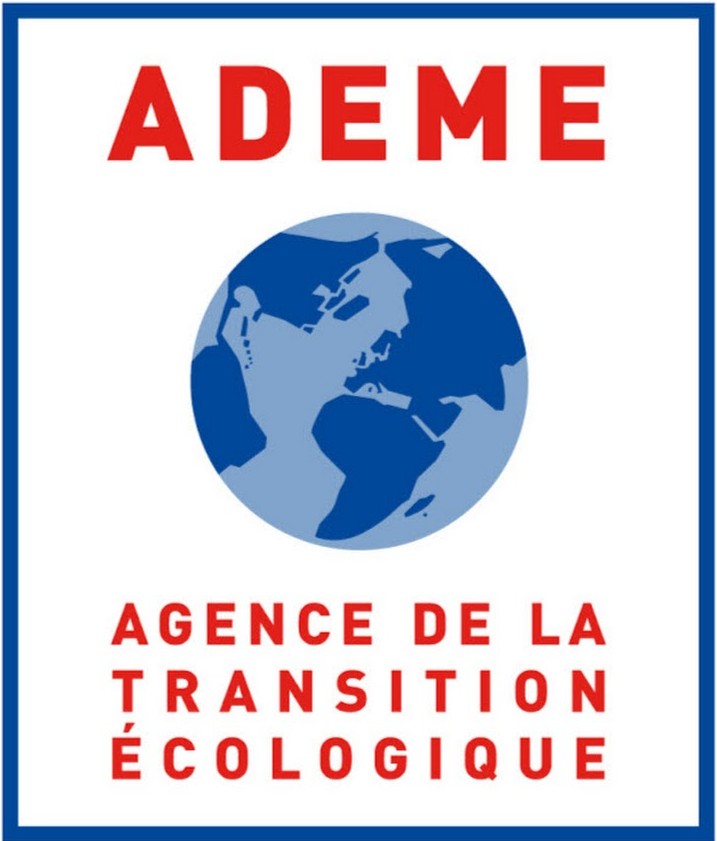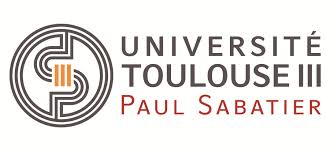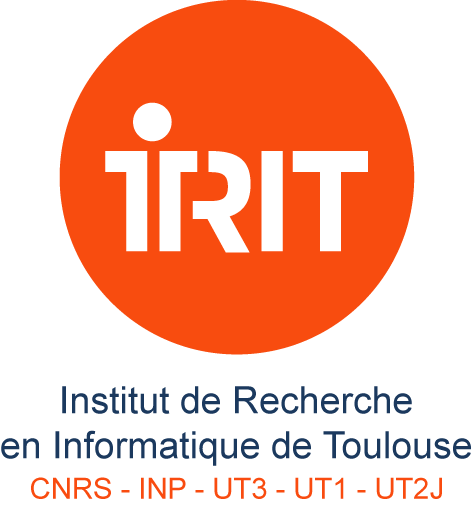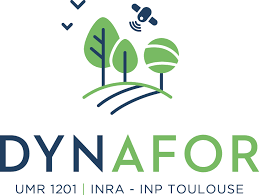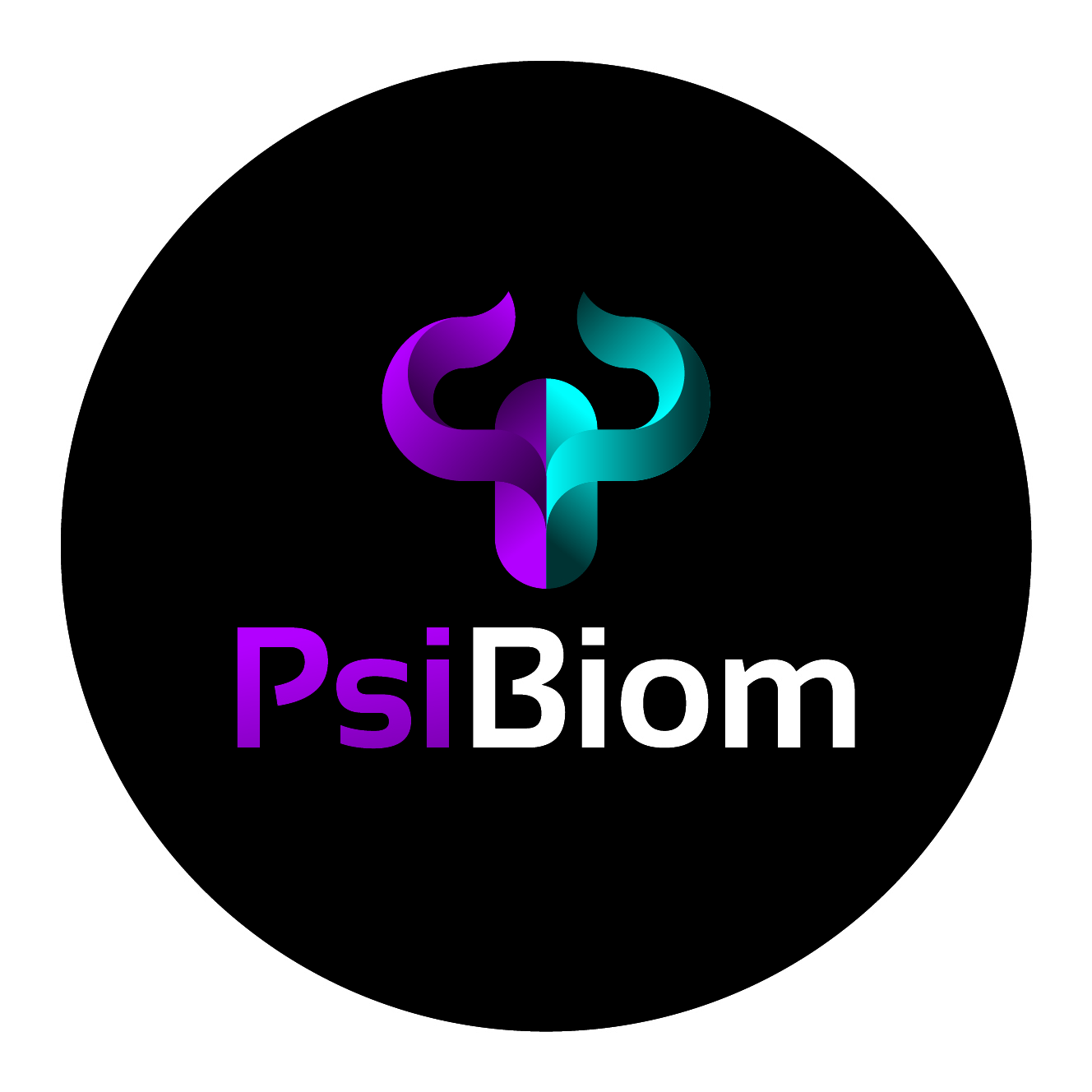 The Psi-Biom project aims to provide a complete data processing chain for biodiversity management. It leverages the combination of the Internet of Things (IoT sensors), artificial intelligence (automated species recognition algorithms), and ecological dynamics modeling, all within a single digital platform.
The Psi-Biom project aims to provide a complete data processing chain for biodiversity management. It leverages the combination of the Internet of Things (IoT sensors), artificial intelligence (automated species recognition algorithms), and ecological dynamics modeling, all within a single digital platform.
The evolution of the regulatory framework in favor of biodiversity increasingly places a results-based obligation on all stakeholders (managers, funders, developers). Their needs now primarily focus on the design, security, and long-term, large-scale monitoring of species management measures offering the best efficiency-investment ratio.
However, current tools and methods (naturalist observations, expert opinions) do not adequately meet these requirements, as they are insufficiently standardized, lack quantitative data, are non-predictive, and are only applicable at a small scale.
The Psi-Biom project aims to overcome these limitations through the coupling of several digital technologies:
- internet of Things (IoT): Continuous automatic detection of animal presence via photographic and acoustic sensors
- artificial Intelligence (AI): Automated analysis of images and sounds from the sensors, and species identification
- ecological Dynamics Modeling: Simulation of species population dynamics and movements
This ecological data acquisition and processing chain facilitates large-scale, long-term monitoring, standardizes data collection, enables scenario testing in both the design and management phases, and allows for comparison between expected and observed results.
The project aims to implement a digital platform of integrated services, enabling all stakeholders involved in biodiversity management to better plan their actions and track their actual effectiveness over time. This is particularly relevant for local governments, ecological engineering consulting firms, infrastructure managers, land-use planners, and natural area managers.
The Psi-Biom project is funded by the French government under the "Investments for the Future" program. Coordinated by TerrOïko, it brings together public and private actors specializing in sensor design, ecology, communication systems, data collection, and artificial intelligence.
General Methodology
The project focuses primarily on two application areas:
- reducing the risk of collisions with large ungulates (deer, roe deer, wild boar) on road and rail transport infrastructures.
- evaluating the effectiveness of biodiversity management measures (compensation, conservation) in agricultural areas (hedgerow networks, etc.).
TerrOïko is responsible for the following actions:
- setting up a platform for annotating photographic and acoustic data of species and creating a database for AI training
- developing an integrated digital platform for the analysis, processing, and modeling of wildlife data
- implementing two field demonstrators for image and sound sensors, one dedicated to managing the risk of collisions with large ungulates, the other focused on monitoring agricultural biodiversity
Support and partners
|
|
|
|
|
|
|
|
|  |  | 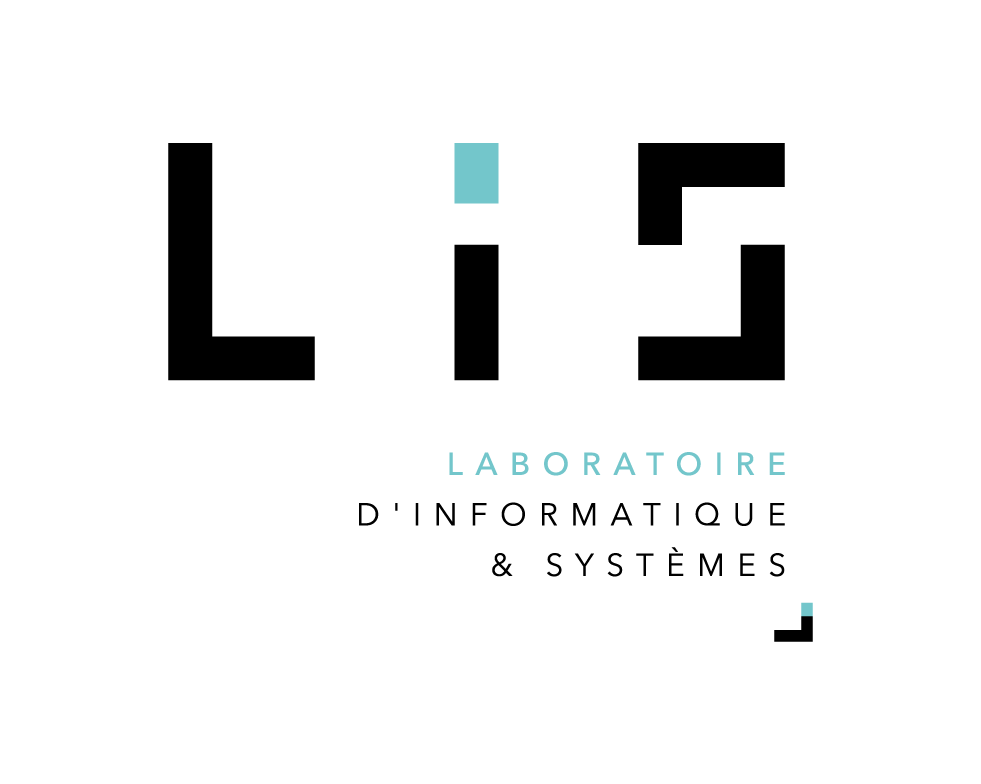 |
|

Identity card
- Call for Research : Investments for the Future Program (PIA3) -"Bioeconomy and Environmental Protection"
- Funding : French Government (Ademe)
- Project Lead : TerrOïko
- Other Partner Organizations : SiConsult, University of Toulon (LIS), University of Toulouse 3 (IRIT, LEFE), Brainchip, INRAE (Dynafor, CEFS)
- Contact : Catherine de Roincé
- Project Duration : 36 months (2022-2024)
- Total Project Cost : €712 k
- Grant Amount : €343 k
Ressources
- Moulherat S, Pautrel L, Debat G, Etienne M-P, Gendron L, Hautière N, Tarel J-P, Testud G, Gimenez O (2024) Biodiversity monitoring with intelligent sensors: An integrated pipeline for mitigating animal-vehicle collisions. In: Papp C-R, Seiler A, Bhardwaj M, François D, Dostál I (Eds) Connecting people, connecting landscapes. Nature Conservation 57: 103–124. https://doi.org/10.3897/ natureconservation.57.108950
- Pautrel, L., Moulherat, S., Gimenez, O., & Etienne, M.-P. (2024). Analysing biodiversity observation data collected in continuous time: Should we use discrete- or continuous-time occupancy models? Methods in Ecology and Evolution, 15, 935–950. https://doi.org/10.1111/2041- 210X.14314
- Testud, Guillaume, Léa Pautrel, Jean-Philippe Tarel, Sylvain Moulherat, Christophe Plotard, et Nicolas Hautière. 2024. « Méthodes et outils pour limiter les collisions animal-véhicule ». Revue Générale des Routes et de l’Aménagement (1003).https://www.editions-rgra.com/revue/1003/developpement-durable/methodes-et-outils-pour-limiter-les-collisions-animal-vehicule

